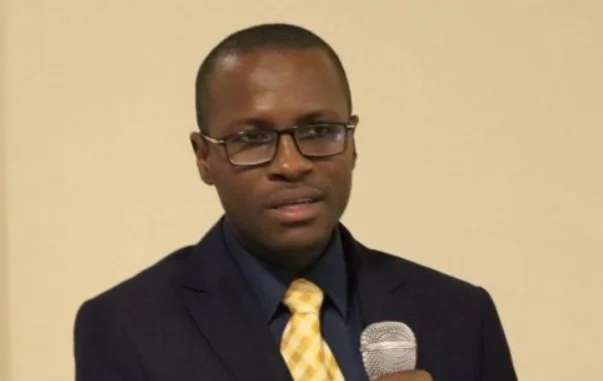THE Independent Corrupt Practices and Other Related Offences Commission (ICPC) says it generated N1.86 billion from the auction of forfeited assets in 2024 the highest amount since its establishment.
In a statement issued on Wednesday sent to News Point Nigeria, ICPC spokesperson Demola Bakare said the figure was disclosed during the 2025 meeting of the Asset Disposal Committee, following a report presented by the Proceeds of Crime Department (POCD).
The meeting was presided over by ICPC Chairman Musa Aliyu, who reaffirmed the commission’s commitment to ensuring transparency and accountability in asset recovery and disposal.
According to the report, 10 out of 23 forfeited assets were successfully auctioned in December 2024, while seven assets could not be sold because bids fell below the approved threshold or forced-sale value.
The remaining six assets were affected by legal disputes, security issues, or encroachment challenges, with four of them rolled over into the 2025 disposal programme.
Bakare noted that for the 2025 exercise, the committee has presented 30 movable and immovable assets for disposal. These include four rolled-over assets from 2024, 12 immovable assets, three movable assets, and 11 batches of perishable assets newly enrolled for auction.
A breakdown of the 2024 proceeds shows that sales from perishable and scrapped assets amounted to N3.97 million, while off-cycle disposals involving three assets generated N975 million. Additionally, on-cycle disposals covering 20 assets brought in N890 million, bringing the total revenue to N1.86 billion.
Speaking during the meeting, ICPC Chairman Musa Aliyu emphasized that depriving corrupt individuals of their illicit wealth remains one of the most effective strategies for combating corruption in Nigeria. He explained that asset disposal is not only a punitive measure but also a reformative one that ensures stolen public resources are returned for the benefit of citizens.
“The significance of asset recovery in the fight against corruption cannot be overstated,” Aliyu said. “It serves as a vital mechanism for restoring public resources to their rightful use.
“Our goal is to promote transparency, accountability, and value optimization in the conversion of forfeited assets into proceeds that benefit both victims of corruption and the Nigerian public.”
The ICPC reiterated that the asset disposal process is conducted in strict compliance with due process and relevant laws to prevent the re-looting or undervaluation of forfeited properties.
The 2025 Asset Disposal Committee meeting was observed by representatives from the Bureau of Public Procurement (BPP), the Nigeria Labour Congress (NLC), the Nigeria Union of Journalists (NUJ), Accountability Lab, and the Centre for Fiscal Transparency and Public Integrity (CeFTPI), underscoring the commission’s effort to ensure public oversight and credibility in the process.
The ICPC said it will continue to intensify its anti-corruption drive through asset recovery and disposal, targeting illicit wealth and ensuring that public resources are returned to serve the national interest.







